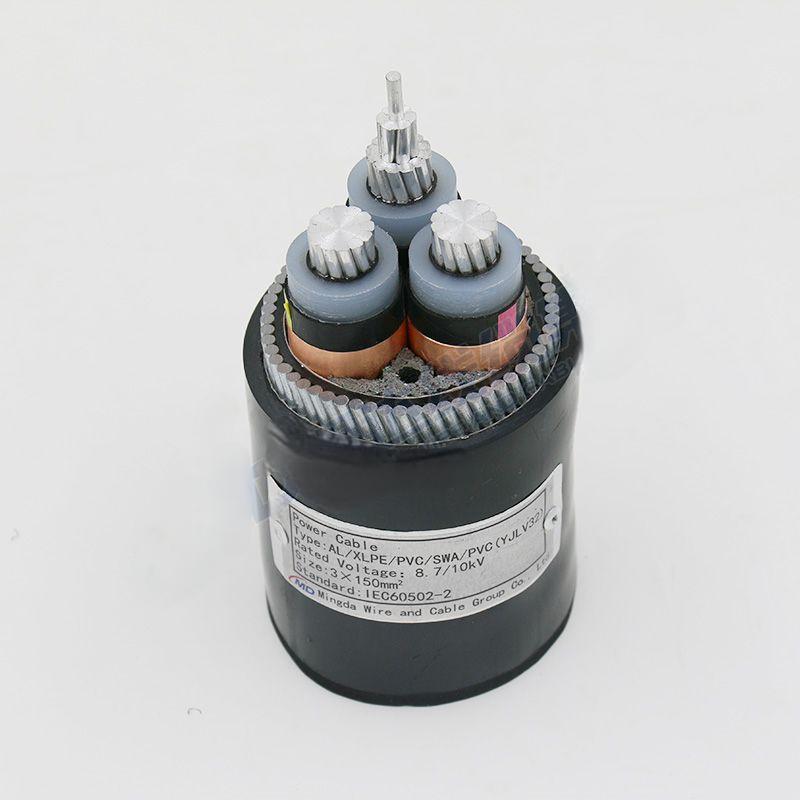நவ் . 09, 2024 08:34 Back to list
Understanding the Benefits and Applications of Ductile Iron Valves in Modern Infrastructure
Understanding Ductile Valves The Key to Reliable Fluid Control
In various industrial applications, the importance of reliable fluid control cannot be overstated. Ductile valves are essential components that ensure effective regulation of liquids and gases in diverse systems, ranging from water distribution networks to complex chemical processing plants. This article explores the characteristics, benefits, and applications of ductile valves, shedding light on why they are preferred in many industries for optimal performance.
What are Ductile Valves?
Ductile valves are a type of valve made from ductile iron, a material known for its excellent strength, toughness, and resistance to corrosion and wear. Unlike traditional cast iron, ductile iron possesses enhanced mechanical properties due to its unique structure, which allows for greater flexibility and resilience. This makes ductile valves highly suitable for high-pressure and high-temperature applications, where conventional materials might fail.
Key Features of Ductile Valves
1. High Strength-to-Weight Ratio Ductile iron provides an impressive strength-to-weight ratio, which means that ductile valves can withstand significant internal and external pressures while being lighter than other materials like steel. This is particularly advantageous in situations where weight reduction is critical, such as in overhead installations or on mobile equipment.
2. Corrosion Resistance Ductile iron has superior corrosion resistance, especially when coated with protective finishes. This property extends the lifespan of the valve, reduces maintenance costs, and improves the overall reliability of the system.
3. Flexibility and Ductility The inherent ductility of ductile iron allows valves to bend without breaking, making them less prone to failure under stress. This characteristic is vital in environments where valves may experience vibrations or shifting loads.
4. Versatility Ductile valves can be designed for various functions, including gate valves, ball valves, globe valves, and check valves. Their adaptability means they can be tailored to meet the specific needs of different applications.
Benefits of Using Ductile Valves
1. Cost-Effective Solution While the upfront cost of ductile valves may be higher than some alternative materials, their durability and low maintenance requirements often lead to lower total lifecycle costs. Businesses can save money over time due to fewer replacements and reduced downtime.
ductile valve

2. Enhanced Performance The ability of ductile valves to maintain integrity under extreme conditions ensures reliable operation in critical processes. This reliability can prevent costly interruptions in service and improve overall efficiency.
3. Environmental Resistance Ductile valves are designed to handle various environmental conditions, including temperature extremes and exposure to aggressive chemicals. Their resilience helps prevent leaks and failures that could result in hazardous spills or environmental damage.
4. Ease of Installation and Operation Ductile valves are often designed with user-friendly features, such as lightweight construction and straightforward actuation options. This ease of use simplifies the installation process and enhances operational efficiency.
Applications of Ductile Valves
Ductile valves are utilized in numerous industries, including
- Water and Wastewater Management They are commonly used in municipal water supply systems and wastewater treatment facilities, where their durability and corrosion resistance are vital.
- Oil and Gas In the oil and gas sector, ductile valves are essential in pipelines and processing plants, where they control the flow of hydrocarbons in challenging environments.
- Chemical Processing The chemical industry benefits from ductile valves' ability to withstand aggressive chemicals and high pressures, making them suitable for a wide range of processes.
- Power Generation Ductile valves are integral to power plants, particularly in steam and cooling systems where reliability and safety are paramount.
Conclusion
Ductile valves represent a significant advancement in the realm of fluid control technologies. Their unique properties, combined with the benefits they offer, make them an invaluable asset across various industries. As industries continue to evolve and demand more reliable and efficient solutions, ductile valves will undoubtedly play a crucial role in meeting these challenges, ensuring that fluid control systems function smoothly and effectively. Whether in municipal systems, industrial applications, or energy production, ductile valves are poised to remain a cornerstone of modern engineering.
Share
-
Reliable Wafer Type Butterfly Valves for Every IndustryNewsJul.25,2025
-
Reliable Flow Control Begins with the Right Ball Check ValveNewsJul.25,2025
-
Precision Flow Control Starts with Quality ValvesNewsJul.25,2025
-
Industrial Flow Control ReliabilityNewsJul.25,2025
-
Engineered for Efficiency Gate Valves That Power Industrial PerformanceNewsJul.25,2025
-
Empowering Infrastructure Through Quality ManufacturingNewsJul.25,2025